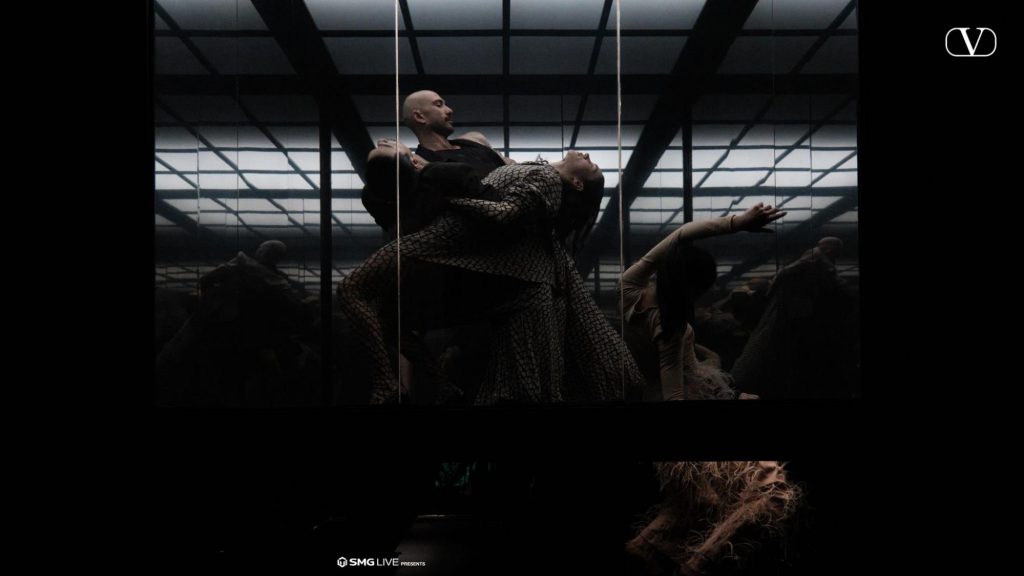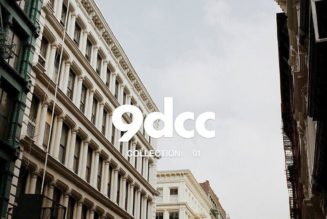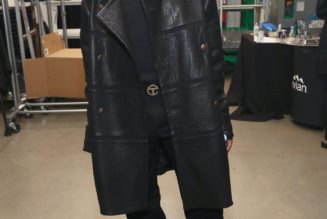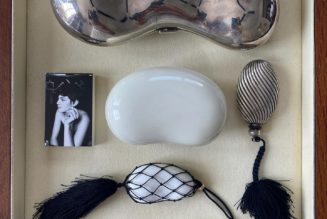LVMH, the world’s largest luxury group, was the first European company to surpass a $500 billion market capitalization recently. Some of its leading brands have reported growth rates between 10 percent and 20 percent, despite their size.
Similarly, Hermès hit a 200 billion euro market value earlier this month, making it the eighth-most valuable company on the pan-European Stoxx 600 Index. In fact, many of the other top 10 luxury brands are breaking one record after another.
While the best brands are incredibly successful and create enormous desirability, others are seeing different results. This is especially the case for larger brands that are somewhat “in the middle” — hence “premium” rather than “luxury” — as well as many smaller brands. Their revenues are stagnating or declining, putting enormous pressure on their profitability.
The gap between the top 10 and the others is accelerating at a rapid rate, giving many managers significant headaches on what to do. This raises the question of if, in today’s fiercely competitive luxury market, there is a space for smaller brands to grow profitably and create significant desirability.
In my opinion, these “David” (versus “Goliath”) brands have the unique opportunity to rewrite the luxury narrative by adopting innovative strategies that cater to the ever-evolving consumer landscape. To successfully navigate this world, smaller luxury brands must adopt a growth mindset and leverage their agility to create distinctive value propositions. A clear, emotional, and distinct brand story is the core foundation for them to be successful.
In my observation, creating a brand’s core value creation model is where too many companies cut corners. They save at the wrong end and then are surprised when their results are underwhelming, to say the least.
When I audit brands, the lack of brand storytelling is the number one reason for so many brand failures. Most brands are too generic, state the obvious, or just focus on “quality,” “craftsmanship,” “materials,” and excellence. What they forget is that all of the above is what today’s luxury clients expect. A different approach is needed.
Here are some key strategies brands should employ to keep up with the leaders:
Hone your focus on solving problems and creating memories
Smaller luxury brands can build a strong, loyal customer base by zeroing in on a very specific narrative that addresses real consumer insights. Identifying a target market with specific preferences and addressing their unmet needs will set them apart from the Goliaths of luxury. Catering to these discerning consumers with exclusive, tailored offerings and, importantly, solving real problems for them while creating a significant emotional response will not only build brand loyalty but also establish them as experts in their respective domains.
The name of the game is maximum client-centricity, where every interaction should create a memory. Most underperforming brands that we analyze lack focus and try to appeal to everyone. As a result, they appeal to no one and become indistinguishable and self-centered. A lack of profile, distinctiveness, and client-focus often seals the fate of brands.
Drive digital innovation to create extreme value
Digital mastery offers smaller brands the opportunity to level the playing field by implementing cutting-edge technologies and building digital communities. They must invest in building a seamless digital experience that aligns with their brand values and supports the customer journey. From AI-driven personalization to real-time social sentiment analysis, smaller brands must explore innovative ways to engage consumers and create a luxurious experience that seamlessly integrates online and in-store experiences.

Amorepacific’s Authentic Color Master by Tonework uses AI algorithms to analyze 3,448 areas of the face to recommend an optimal makeup color. Photo: Amorepacific
Foster authentic storytelling
To resonate with today’s consumers, smaller luxury brands must craft authentic and emotionally compelling brand narratives. Harnessing the power of storytelling allows them to create meaningful connections with their audience and differentiate themselves from the competition. Instead of reiterating heritage, craftsmanship, and quality, emotional client-centric storytelling is the precondition to inspire consumers. According to Équité Research, more than 90 percent of brands today lack a value-creating, authentic, and distinct story that creates desirability.
Implement bold creativity and experiential marketing
Experiences and culturally relevant moments are the new currency of luxury. Smaller brands should leverage experiential marketing to create memorable moments that engage and delight their customers. By offering personalized, immersive experiences in the form of pop-up stores or exclusive events, they can foster emotional connections and cultivate long-term loyalty. The key is not to do what everyone else is doing, but to create experiences that express the brand story and inspire clients through bold creativity.

Valentino partnered with Sleep No More on an immersive theater production in Shanghai, allowing guests to experience its Spring 2023 collection in a new light. Photo: Valentino
Embrace sustainability and social responsibility
To create cultural capital, sustainability and social responsibility are critical. Consumers are increasingly demanding transparency and ethical practices from luxury brands. However, just practicing lip service is not enough. The question brands should ask themselves is, how can we create a lasting competitive advantage?
In conclusion, smaller luxury brands can catch up with the leaders by being authentic and distinct in their brand storytelling, implementing experiential marketing, and making sustainability a competitive advantage. By leveraging their agility and embracing a growth mindset, these brands can disrupt the status quo and establish themselves as formidable contenders in the luxury market.
As the CEO of a successful niche luxury brand recently told me, “Our biggest advantage is that our competitors are much bigger. It makes them slow and complacent. It distracts them from being client centric. We take advantage of that.”
This is an opinion piece where all views expressed belong to the author.
Named one of the “Global Top Five Luxury Key Opinion Leaders to Watch,” Daniel Langer is the CEO of the luxury, lifestyle and consumer brand strategy firm Équité, and the executive professor of luxury strategy and pricing at Pepperdine University in Malibu, California. He consults many of the leading luxury brands in the world, is the author of several best-selling luxury management books, a global keynote speaker, and holds luxury masterclasses on the future of luxury, disruption, and the luxury metaverse in Europe, the USA, and Asia.
Follow him: LinkedIn: https://www.linkedin.com/in/drlanger, Instagram: @equitebrands /@thedaniellanger









